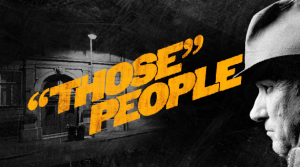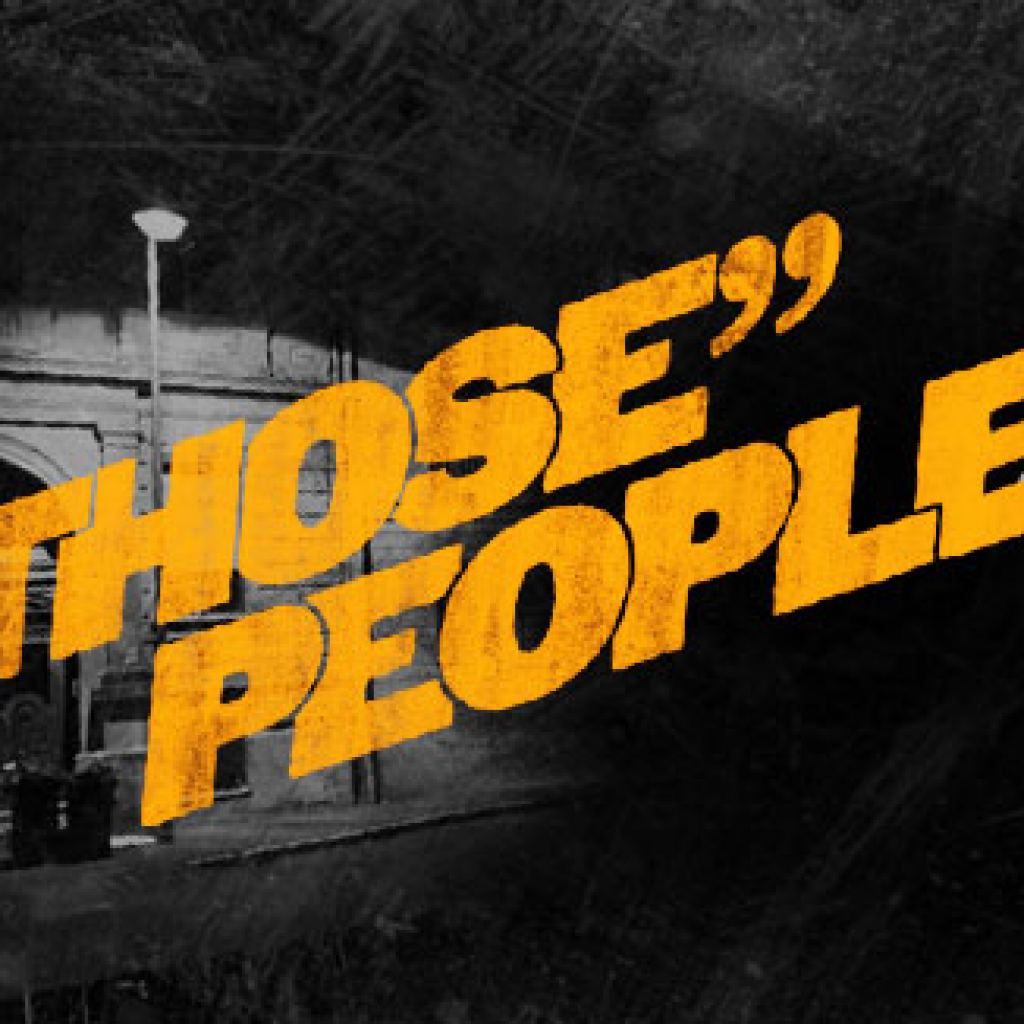 How small would life become if our relationships were made up purely of people we liked and had something in common with? How narrow would be our circle of friends if they only were to include those we shared some natural affinity or common interest with?
How small would life become if our relationships were made up purely of people we liked and had something in common with? How narrow would be our circle of friends if they only were to include those we shared some natural affinity or common interest with?
Where would we be guilty of fulfilling the great challenge of loving our enemies? Of embracing those different to ourselves? What opportunity would our love have to mature and grow if the only challenge we ever offered it was those familiar and comfortable to its preferences?
“Otherness” argues writer Joan Chittister, is what helps us to both see and more appreciate the breath and reality of humanity. It prevent us from remaining locked in our narrow, opinionated, lopsided and relationally-skewered selves. As Chittister puts it so well; “…otherness is what calls us to be more than our ghetto selves “.
A lesson in accepting the opposite
In Acts nine the newly converted Saul of Tarsus is about to have his relational world disproportionately enlarged from the most unlikely sources.
Having experienced a remarkable conversion, he is first embraced by an unknown disciple named Ananias. A man of no particular notoriety in the early church. Yet a man who had learned the secret of ever enlarging his circle of love to include those not only different to himself, but immediately hostile and opposed to himself.
His opening words, “Brother Saul”, display extraordinary courage and remarkable bravery. Based purely on a word from God, Ananias readily embraces the great nemesis of the church as a fellow kindred spirit. He asks no questions, demands no explanations, wants no justification, but is simply ready at a word, to embrace and love Saul as son, as a brother. It is wonder personified, an awesome display of relational acceptance.
Loving difficult people “completes” us
“Who is the other?” asks writer Joan Chittister. It is anyone who is not made in our image or likeness. Anyone who is not ourselves. It is the one who is not of our race or our faith tradition or our citizenry or our language. It is the one who shows us ourselves.
Chittister notes; “The other is the one who teaches us that we are not the whole world. But we are only a piece of it waiting for the other to make us more than we were when we began”.
As hard as it may sound, it is those opposite to us, even those opposed to us, who actually grow us and complete us. It is the difficult people in our lives that enlarge us as individuals. For if our circles of love extended no further than to those we already shared interest with or had some rapport with, we would live in ever decreasing circles of love.
Jesus’s insistence that we love our enemies, embrace those opposite and opposed to us, was not simply an exercise in spiritual platitudes, but an insight into what is necessary for us to become the people he longs for us to be.
There is something in the internal struggle involved in loving those opposite to us that is necessary to grow us into the bigger, richer people God has destined we become.
If you are presently grappling in a relational quagmire with someone very different to yourself, do not see it as the irritation and nuisance it can often be at first sight, but see it as God’s great opportunity, his wonderful challenge to enlarge your heart to reflect that of his own.
It is that tension, that struggle to love the other that is God’s gift to us, to help turn us into disciples that love with a capital ‘L’, beyond mere words and good intentions.
http://peteinthoughtblog.wordpress.com

